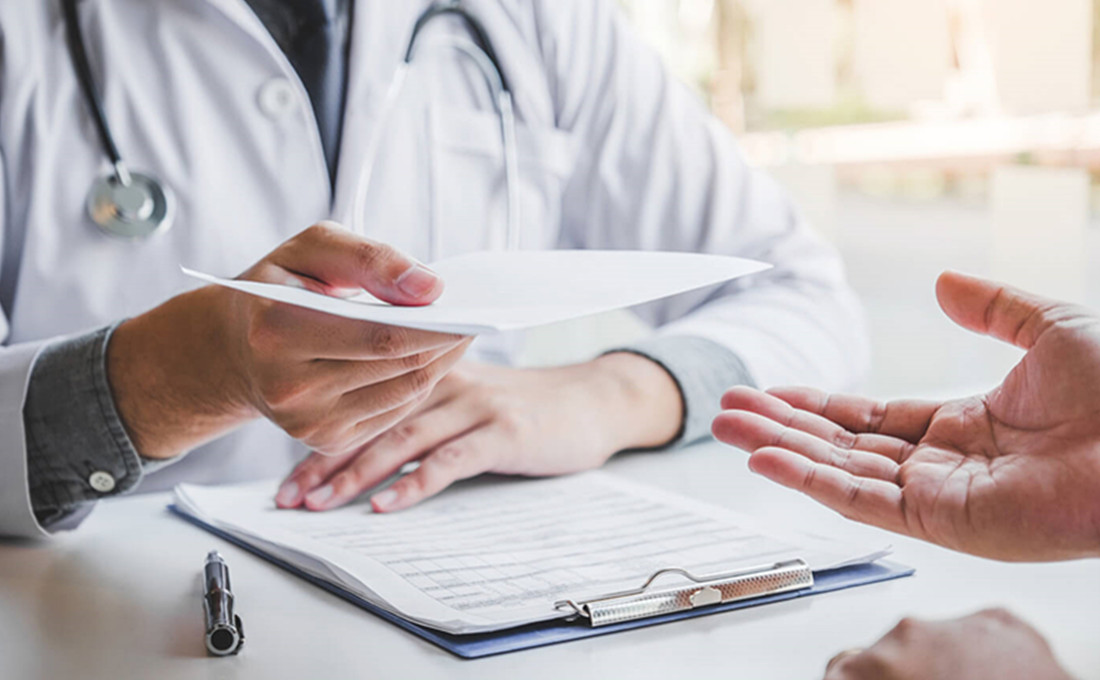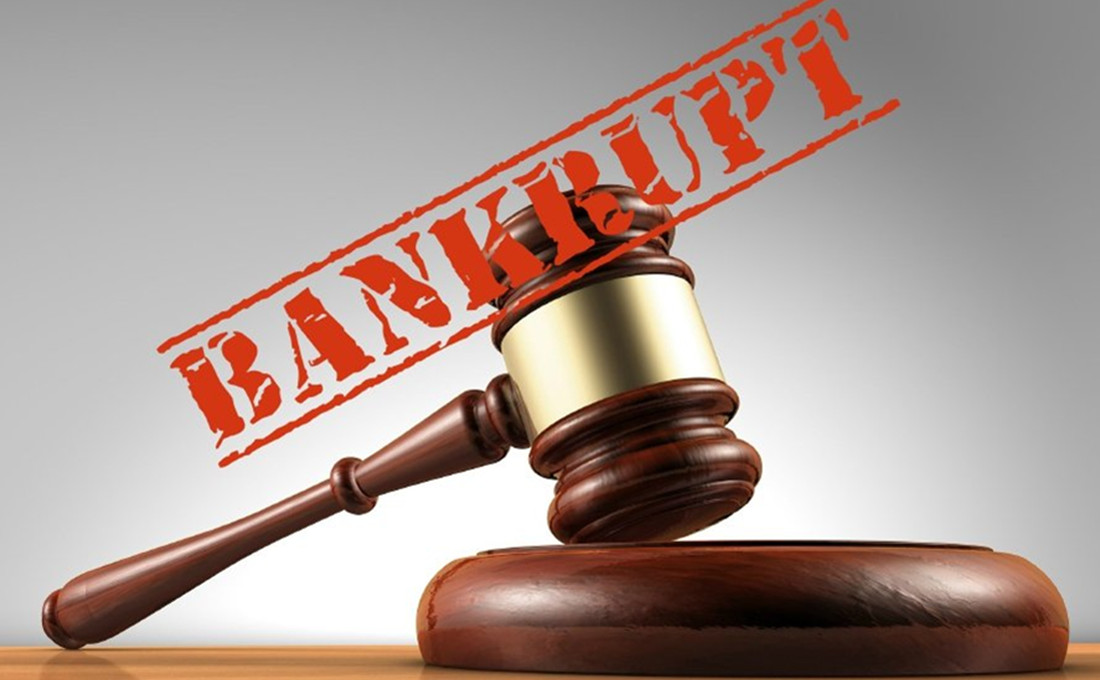Medical debts can be a major problem for many people. Medical Debt has become lethal for consumers who are unable to pay their medical bills and end up in bankruptcy court, or worse yet, lose their homes and cars. Medical Debt is the leading cause of personal bankruptcies in America today. If you do not know how to deal with this situation, then there is help available. The following article provides information on what to expect when dealing with medical Debt, as well as some tips on how to get out from under these types of situations.
The first thing to realize about medical Debt is that it does not go away by itself. It must be paid off somehow. There are two ways to handle this type of Debt:
1) Paying all of the money owed;
2) Filing Bankruptcy.
Both options carry risks, but they also offer benefits. In order to make an informed decision regarding which option would work best for you, you need to understand both sides of the issue. You should consider the pros and cons before making a final choice. Let’s take a look at them one-by-one.
Paying All Your Bills Off
This may seem like a good idea because it seems easier than filing Bankruptcy. However, paying everything back could actually cost more in the long run. That includes medical bills. So even though you might think you’re getting rid of those pesky medical bills, you’ll still owe interest and penalties on top of whatever amount was originally due.

Filing Bankruptcy
If you file Chapter 7 bankruptcy, you will receive a discharge of all unsecured claims. A discharge allows you to begin rebuilding your credit score immediately. Also, since medical bills are considered “unsecured” creditors, they cannot collect anything once you file Bankruptcy. They simply wait until the case has been closed and then try to recover whatever amount they can through legal action against you. Chapter 13 bankruptcy offers similar results but requires monthly payments to the trustee. These payments are used to repay the creditor. Once the plan ends, the debtor receives a discharge of his/her remaining obligations.
In addition to getting rid of your medical Debt, filing bankruptcy gives you additional protection against future lawsuits. After you complete your repayment period, you no longer have to worry about being sued by anyone claiming to hold a claim against you.
So Which Is Better?
It really depends upon your individual circumstances. Some people prefer to keep their medical bills unpaid, while others choose to pay them back. Either approach carries its own set of problems and rewards. But whichever route you decide to follow, remember that you always have choices.





